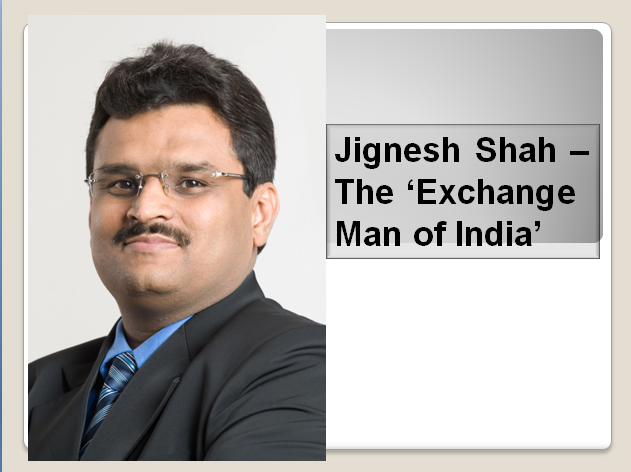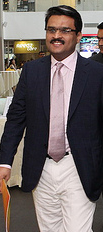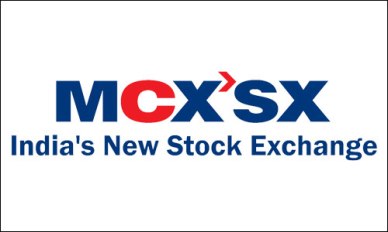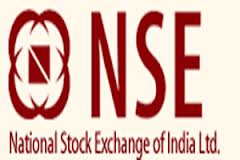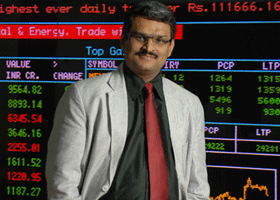Financial Technologies (India) Limited (FTIL) is regarded as “Marvel of modern financial markets” for a reason. FTIL brought inclusive and equitable growth in India through technology.
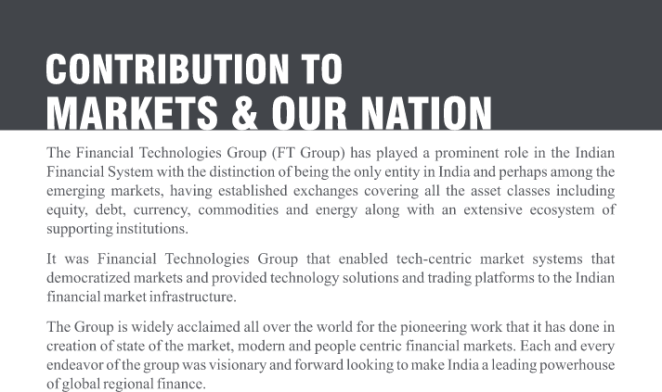
Before the inception of FTIL, the way stock and commodity markets worked was quite laidback. Jignesh Shah, the Founder of Financial Technologies, knew India needed technological advancements in the sector.
The journey began with the launch of software solutions, such as ODIN. From the early stages, FTIL’s list of clients included bourses, such as the National Stock Exchange (NSE).
Today, under the supervision of Jignesh Shah, FTIL runs a successful renowned technology business. The company is determined in shaping the future through technology and innovation in the rising ‘Digital India’ space.
The Financial Technologies Group never received any kind of subsidy or tax relaxation from the Indian government. On the other hand, the group generated substantial revenue for the government, amounting to Rs 4,000 crore.
The exchange markets of Singapore, Dubai, Bahrain and Africa have sought help from FTIL in technological development. Jignesh Shah’s broad vision and FTIL’s international operations put India on the world map of global finance. For new-born markets, strategies of this company have carved a path to great success.
The Financial Technologies Group’s rise is a true ‘Made in India’ story. Every enterprise that has been promoted and launched by the Group, has been the Number 1 in India and Number 2 in the world. The country should be proud of such exceptionally remarkable feats achieved by a home-grown company.



